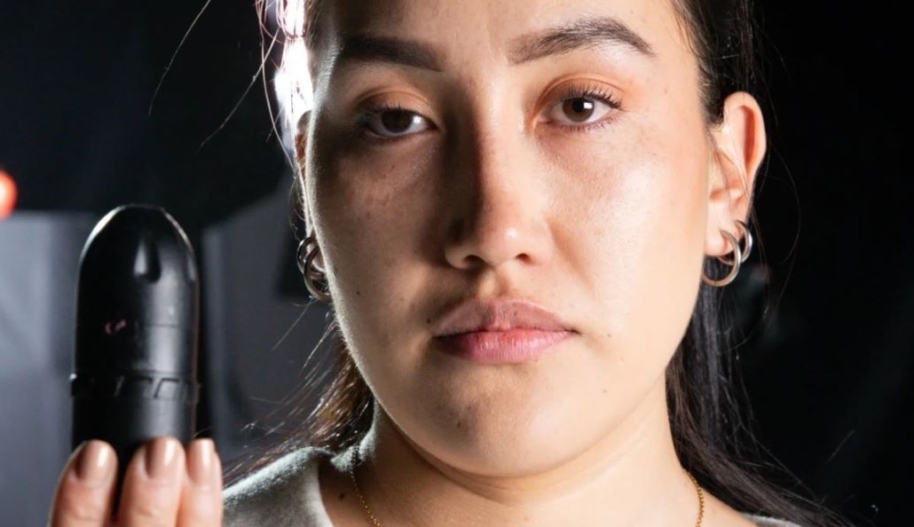Executions Surge in Iran
Since the Woman Life Freedom uprising, Iranian authorities have doubled down on their brutal use of the death penalty as a tool of oppression to terrorize the public and tighten their grip on power.
In 2023, executions soared with over 853 people executed, a 48% increase from 2022 and the highest number for eight years. The spike in executions is largely attributed to the return of a lethal anti-narcotics policy since 2021. Authorities carried out over 481 drug-related executions in 2023, marking a 89% increase from 2022 and 264% increase from 2021. The use of the death penalty disproportionately impacted Iran’s oppressed Baluchi ethnic minority, who constitute only about 5% of Iran’s population, yet accounted for 20% of all executions.

States must act now to call on Iranian authorities immediately establish a moratorium on all executions pending full abolition of the death penalty.
Read the latest briefing on the death penalty in Iran.
Sign and share our petition calling for the international community to take action to Stop the Execution Spree in Iran.
Protest under attack in Sri Lanka
During 2022 and 2023, Sri Lankans took to the streets in Colombo and other cities across the country to call for accountability for the prolonged economic crisis, corruption and human rights violations, in large-scale protests and an occupy movement known as the Aragalaya.
Sri Lanka’s police assumed the protests would be unlawful and violent and that they would need to use force to repress them. The police failed to recognize that people have the right to peacefully protest, and that the authorities have a duty to facilitate and protect protests. Instead, they targeted, chased, and beat largely peaceful protesters. Amnesty International examined the use of force during 30 protests between March 2022 and June 2023, finding a pattern of unlawful use of tear gas and water cannon and the misuse of batons in over half of the events. These abuses have continued into 2024.
Read Amnesty’s latest research.
Sign and share our petition calling on authorities to End the crackdown on peaceful protest in Sri Lanka.
Repeal Anti-war censorship laws in Russia
In Russia, a single social media post can land you in prison.
Within a week of the invasion of Ukraine in 2022, Russia introduced war censorship laws, making anti-war protests or sharing information about the invasion a serious offence. Since then, thousands of people have been detained, and many have been sentenced simply for speaking out.
- Opposition municipal deputy Aleksei Gorinov denounced the so-called “special military operation in Ukraine” as a “war” and was sentenced to seven years.
- Artist Alexandra Skochilenko received a seven-year sentence for swapping supermarket price tags for anti-war messages.
- Journalist Maria Ponomarenko was sentenced to six years in a penal colony and a 5-year ban from journalism for posting on Telegram about the Mariupol theatre bombing.
- Shopkeeper Dmitry Skurikhin was sentenced to 18 months for painting the front of his village store with anti-war messages and the names of Ukrainian cities attacked by the Russian army.
Russian authorities are determined to shut down dissent completely. In 2023, the number and length of sentences for anti-war posts on social media increased. In 2024, the parliament voted to confiscate the property of people charged under war censorship laws.
The rights to freedom of expression and peaceful assembly are non-negotiable. During 2024, we’ll be campaigning to repeal these oppressive laws and call for the release all those unjustly imprisoned for their peaceful protest.
Sign and share our online petition telling Russia that the Anti-war censorship laws must go!
Regulate the trade in policing equipment
“My eye is gone. I cannot change that.
But the way these weapons are used?
That can be changed.”
In April 2021, Leidy Cadena Torres, then 22, was walking to a protest over tax reforms in the Colombian capital Bogota, when she was hit in the face by a rubber bullet fired from close range by a riot police officer. She lost an eye.
While so-called less lethal weapons, such as rubber bullets, tear gas and batons have been promoted as safer alternatives to firearms, these weapons are frequently used unlawfully to harass, intimidate and punish protestors – in some cases causing life-long injuries. This has to stop.
Amnesty International is campaigning for governments to act now and support a United Nations process to establish an international treaty to regulate the trade in policing equipment. As long as there are no effective global human rights-based controls in place, these horrific injuries will continue to happen, and more and more people will suffer lasting physical and psychological damage.
Read up on the Essential elements of the Torture-Free Trade Treaty.
Sign and share our petition calling for a Torture-free Trade Treaty.
Questions? Want to get more involved?
For more information, social media assets or to organize an event, please contact Hilary Homes, Crisis and Tactical Campaigner, at the national office: hhomes@amnesty.ca.
Header image: Leidy from Colombia holds a rubber bullet similar to the one that caused her to lose an eye (photo by Amnesty International)













